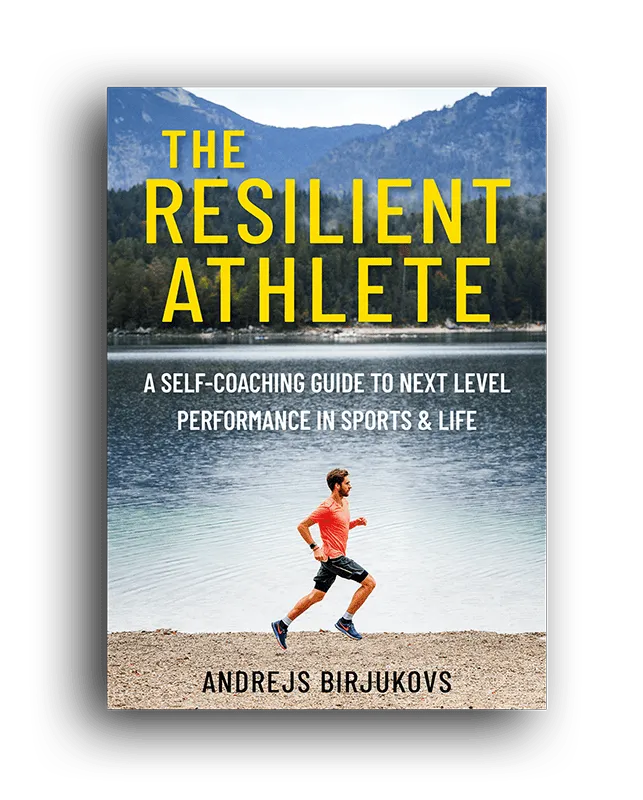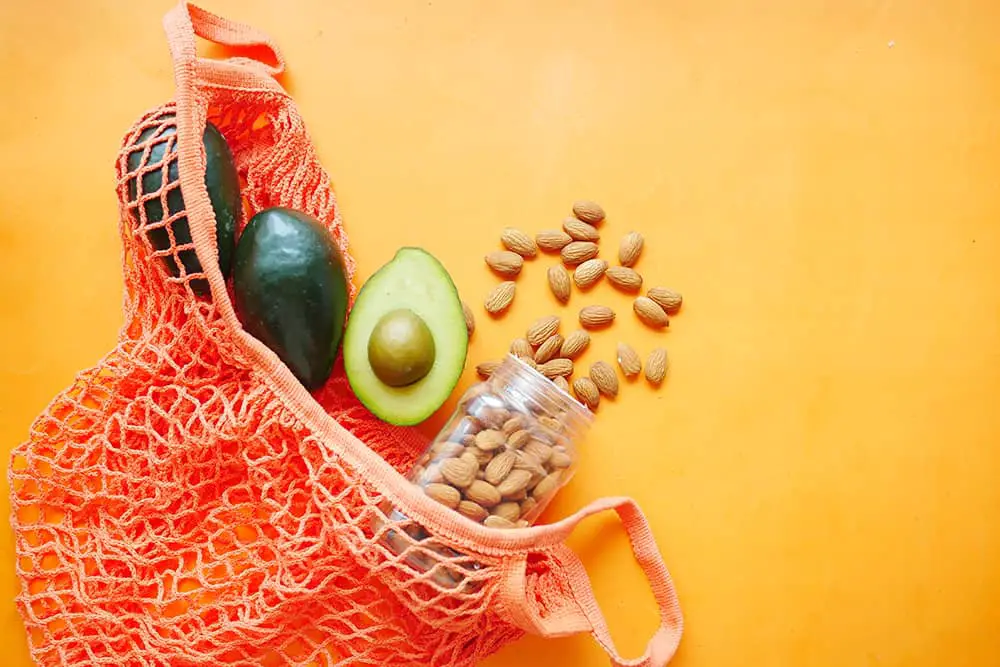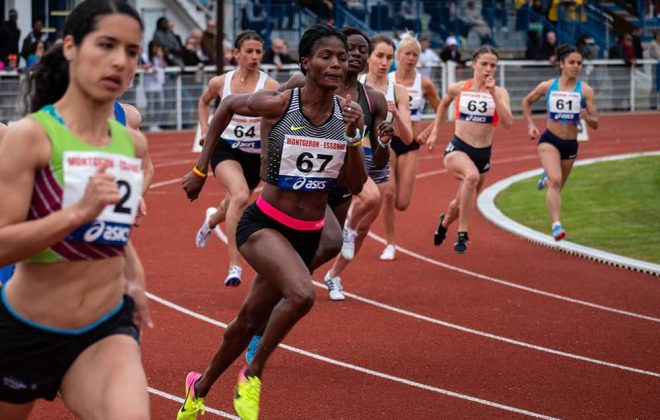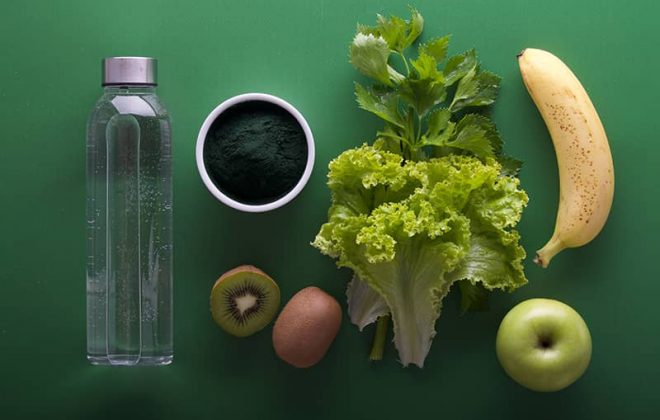4 Plant-Based Nutrition Tips For Better Performance From Olympic Athletes
Every athlete knows that proper nutrition is one of the foundations of optimal athletic performance. Your diet is what provides the energy and nutrients you need to meet the excruciating demands of training and workouts. Plant-based nutrition, in particular.
You can think about it as ‘eat for performance’.
However, some athletes make diet mistakes that may affect their body weight and composition and ultimately hinder their full potential. These typically include focusing on calorie count rather than nutrient density, failing to stay properly hydrated, and not eating enough fruits and vegetables.

Eat for performance – peek into Olympic athlete diets
Let’s take a look at some of the Olympic athlete diets, eating habits and behaviors. This, hopefully, will help you maximize the strength and endurance you can get from your training diet.
The following examples can serve as a blueprint for your plant-based lifestyle, as well as nutritionally adequate diet that fuels you up and promotes overall health at the same time.
Plant-based nutrition tip #1: Befriend whole-food carbs
One of the most common mistakes endurance athletes make when crafting their plant-based diets is eliminating an entire food group like carbohydrates. But in an interview with VegNews, vegan Olympian and freestyle skier Julia Murray emphasizes that not all carbs are bad, as you need this macronutrient as your primary energy source.
There are whole-food carbohydrates packed with fiber and nutrients, such as whole grains, legumes, and fruit. By regularly eating these foods as a healthier alternative to refined carbs like white bread and white rice, your body can increase its energy stores for exercising muscle tissue and other body systems.

The Resilient Athlete
A Self-Coaching Guide to Next Level Performance in Sports & Life
Are you aiming to become a resilient athlete who is able to withstand any pressure? Be able to jump on any opportunity? Take any challenge life throws at you head on?
Then this book is for you.
Learn morePlant-based nutrition tip #2: Get fiber from grains
Foods high in fiber are appropriate for endurance athletes since this micronutrient can help keep you full for longer while also maintaining gut health.
Figure skater Madison Chock thus kickstarts her day with fiber from a cup of flaxseed oatmeal, topped with other fiber-rich foods like cranberries and blueberries. Just like Chock, it helps to time your fiber intake for breakfast and before your scheduled workout to ensure proper digestion.

Besides oats, you can also try brown rice, which is rich in dietary fiber. If you’re new to cooking rice, you can refer to this We Know Rice guide to rice preparation to ensure that your rice is properly prepared. Remember to wash and rinse thoroughly to not only wash off debris and excess starch, but also to rehydrate the grains for better nutrient absorption.
Plant-based nutrition tip #3: Pack on plant-based protein sources
Aside from fiber and carbohydrates, protein is yet another essential nutrient you simply can’t leave out of your basic training diet, as it plays a key role in post-exercise adaptation, repair, and recovery.
Olympic surfer Tia Blanco credits her performance and success to plant-based protein sources. Blanco consumes vegan protein like nuts, beans, and legumes, allowing her to stay strong and build muscle mass despite having a less calorically dense diet. To add, Blanco is currently an ambassador for the vegan company Beyond Meat to promote recipes with plant-based meat substitutes as the primary, high-quality protein source.

Plant-based nutrition tip #4: Refuel with fats
Fats are another food group that athletes usually overlook (especially beginners). That’s due to the misconception that fats make people fat by slowing down digestion.
Not all fats are created equal, however. While bad fats that increase cholesterol levels come from animal meat and dairy, good fats that do the exact opposite come from almonds, flax, avocado, and olive oils.
As such, Tara Collingwood, RDN, a board-certified sports dietitian, advises gold medal hopefuls to balance their post-workout meals full of protein, carbs, fruits, and veggies with a healthy helping of fats.
Consuming plenty of good fats supports better muscle recovery and enhances better absorption of macro- and micronutrients.
What does it mean to eat for performance?
These Olympic athlete diet tips may not be one-size-fits-all, but they can guide you toward making more nutritious and sustainable dietary choices. By balancing your intake of carbohydrates, fiber, protein, and fat, you can endure rigorous training and set yourself up for athletic success. For more tips and resources on athletic training, health, and wellness, you can explore the rest of the articles here at The Athlete Blog.
Maxine Spencer
Maxine is a fitness enthusiast and self-care advocate who writes about how to be healthy and fit without sacrificing comfort and happiness. She is also committed to helping others find a diet, exercise, and overall lifestyle that works for them.
Have an opinion? Share via links below and tag @theathleteblog
Tags In
GET A FREE TRAINING PLAN
Subscribe to my email list and get access to a free 4-week “back in shape” training plan
You’ll also get two full-body strength sessions and some other goodies!

How did I get here?
Hey there! My name is Andrejs and I am here to inspire, entertain and get you fit for any adventure.
I went from being an over trained pro athlete to an endurance coach sharing how to listen to your body and live life to the fullest.
Traveling, new sports & activities brought new meaning to my training and made it much more effective, fun and enjoyable. And I'm here to help you do the same.


